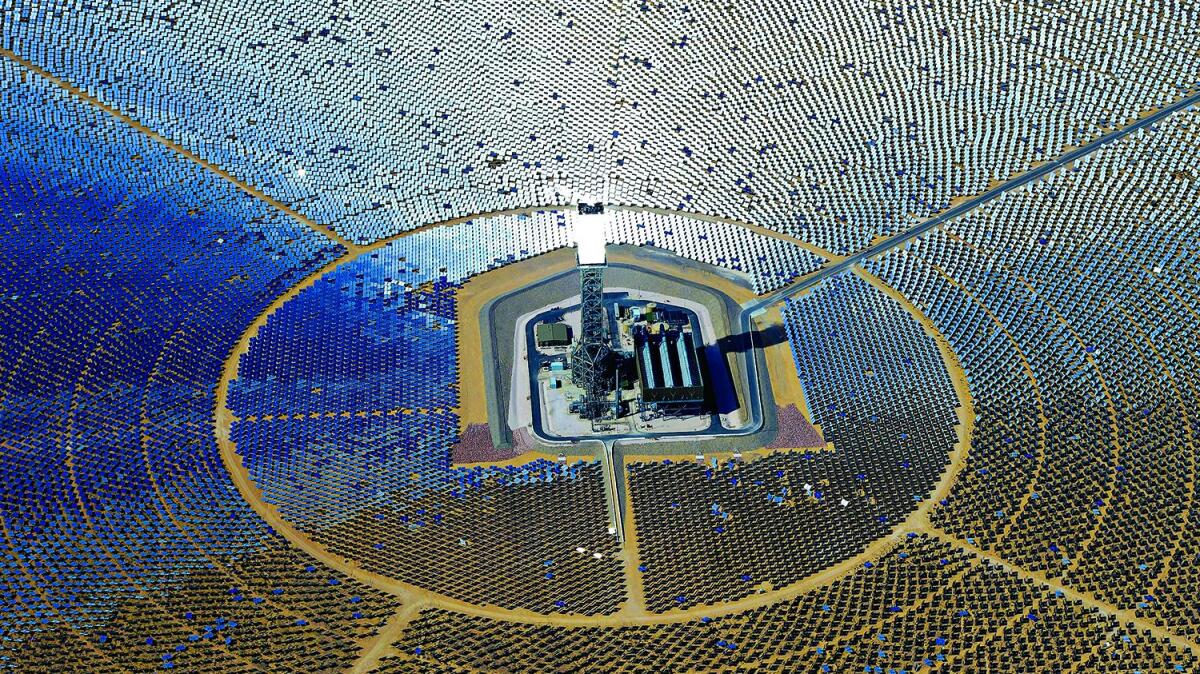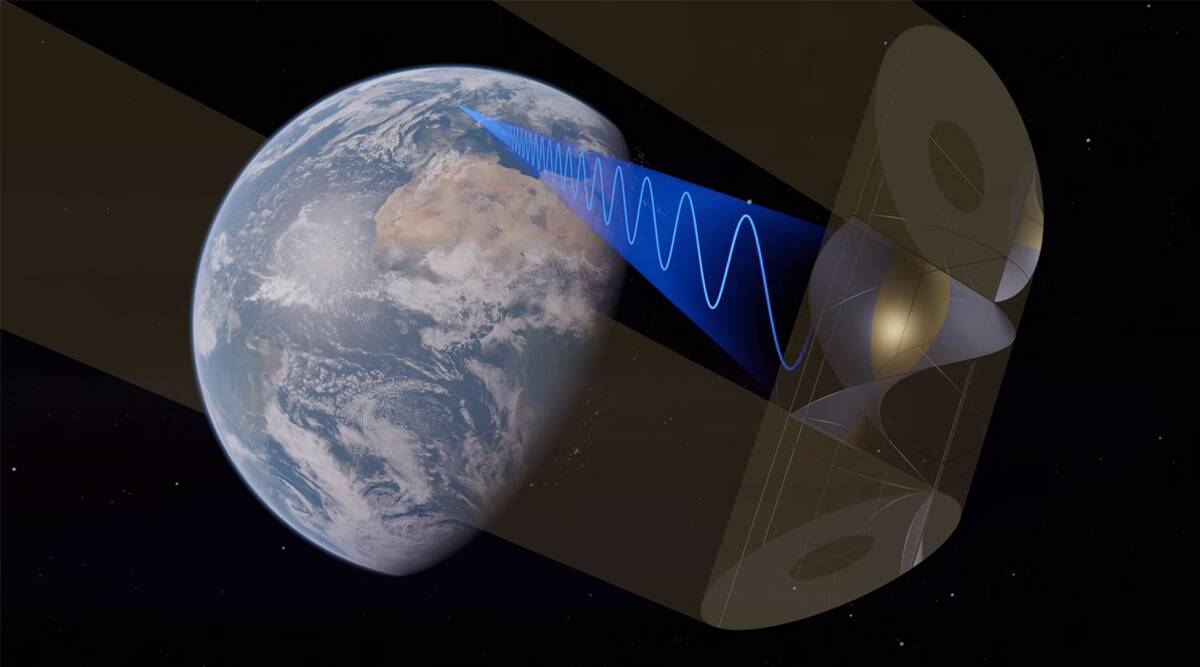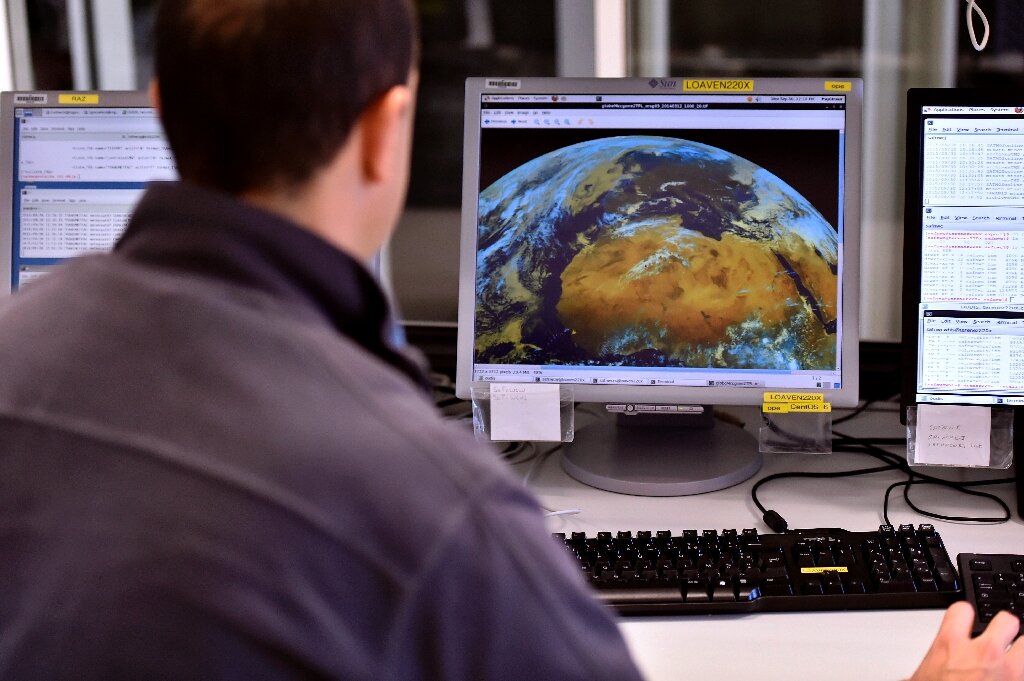gdlewen
EF4
This is an interesting read, and sure to excite passions on both sides of the debate. I almost don't want to post this, because I am concerned that passion will cut in line ahead of policy. However, this aspect of the debate is not heard often enough:

 www.theepochtimes.com
www.theepochtimes.com
But--please--read this from a policy perspective. Try to divorce that policy aspect from the passion of ideology. Here's a quote, from the linked report, on which I hope we can all agree:
“Climate science should be less political, while climate policies should be more scientific. Scientists should openly address uncertainties and exaggerations in their predictions of global warming, while politicians should dispassionately count the real costs as well as the imagined benefits of their policy measures.”
Disclaimer: The author has a bias, revealed by his occasional word choices: the use of adverbs and adjectives can be used to inject author bias into an otherwise factual statement. "Tell me your bias and I'll better understand your argument," is one of my maxims. The following quote is a good example of why you should read everything carefully: "As climate alarmists continue to spread propaganda about global warming...." Both words in bold italics demonstrate the author's bias; his word choice could be 100% more neutral.
Nevertheless, overall the article makes some good points from a policy perspective. (Or is my word choice revealing a bias?)

Editor’s Note
Over 1,600 scientists have signed a joint declaration claiming that there is no need for climate alarmism.
But--please--read this from a policy perspective. Try to divorce that policy aspect from the passion of ideology. Here's a quote, from the linked report, on which I hope we can all agree:
“Climate science should be less political, while climate policies should be more scientific. Scientists should openly address uncertainties and exaggerations in their predictions of global warming, while politicians should dispassionately count the real costs as well as the imagined benefits of their policy measures.”
Disclaimer: The author has a bias, revealed by his occasional word choices: the use of adverbs and adjectives can be used to inject author bias into an otherwise factual statement. "Tell me your bias and I'll better understand your argument," is one of my maxims. The following quote is a good example of why you should read everything carefully: "As climate alarmists continue to spread propaganda about global warming...." Both words in bold italics demonstrate the author's bias; his word choice could be 100% more neutral.
Nevertheless, overall the article makes some good points from a policy perspective. (Or is my word choice revealing a bias?)






